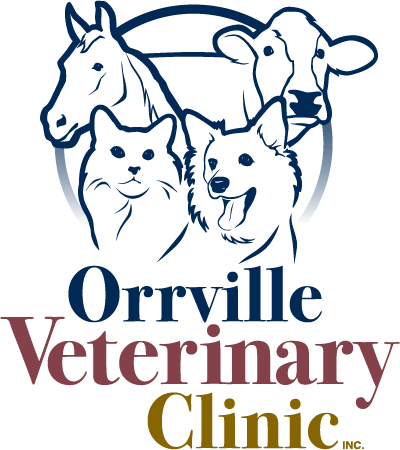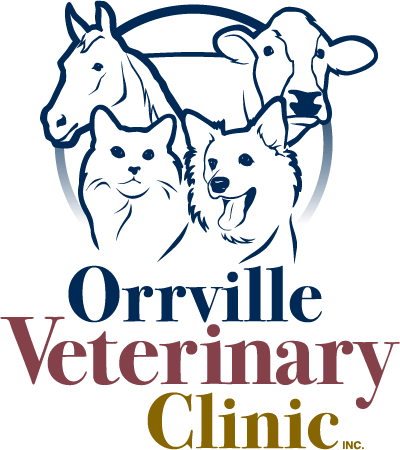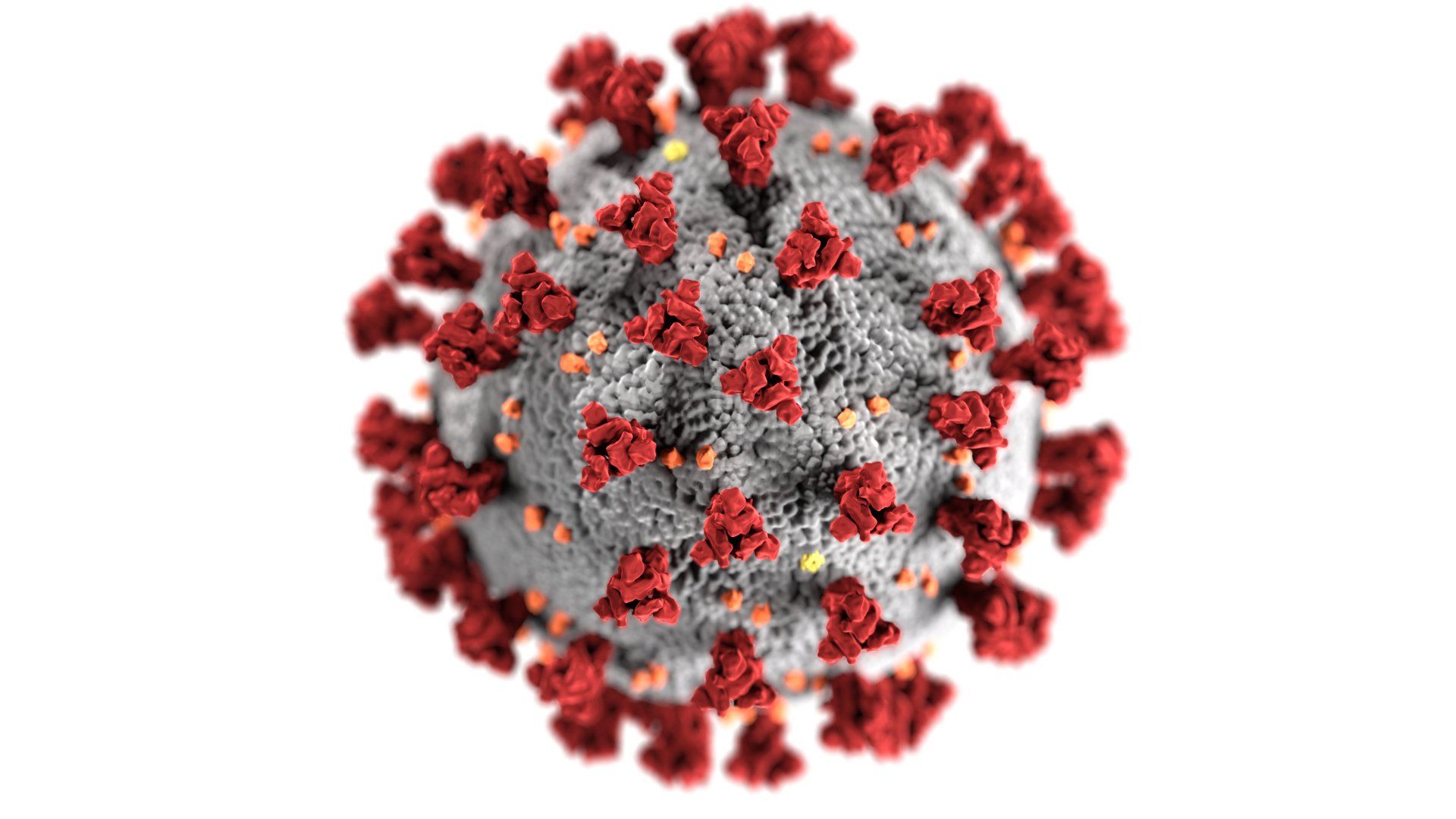Cushing's Disease in Horses
Does your horse shed its winter coat slowly in the springtime?
Does your horse have unexplained bouts of laminitis (founder)?
Does your horse have unexplained or excessive sweating?
If you answered yes to any of the above questions, your horse may have a condition known as Equine Cushing’s Disease. This is a disease that affects the pituitary gland at the base of the brain to secrete excessive hormones. The pituitary gland releases excessive amounts of ACTH hormone, which in turn causes release of cortisol (stress hormone) from the adrenal glands.
What are the signs of Equine Cushing’s?
The two most common signs of Equine Cushing’s Disease are chronic, recurrent bouts of laminitis and a long, wavy hair coat that doesn’t properly shed in the spring. Other signs are excessive sweating, pot belly appearance, increased thirst and urination, and increased incidence of parasitism, dental disease, and other infections.
How is Equine Cushing’s Diagnosed?
A simple blood test can diagnose the condition. Horses are more likely to test positive during the fall months of the year, so a laboratory must be used that adjusts their reference ranges based on the seasons. Up to 60% of horses with Equine Cushing’s Disease also have Insulin Resistance (Equine Metabolic Syndrome). Typically, insulin levels are also tested at the time of the Equine Cushing’s Disease testing.
Is there a breed predilection?
Equine Cushing’s disease is most common in ponies. Other breeds, such as Morgans, are also prone to the disease. Typically, horses 15 years of age or older are diagnosed with Equine Cushing’s Disease.
Is treatment available?
There is currently an FDA approved treatment for Equine Cushing’s Disease called Prascend® (pergolide mesylate). This is a daily pill that is typically given for the rest of the horse’s lifetime. Dietary changes are usually necessary to facilitate weight loss. Treatment doesn’t cure the disease, rather, helps reduce the clinical signs associated with the disease (especially laminitis).
Article Written by Gabe Middleton, D.V.M. on behalf of the Orrville Veterinary Clinic, located at 1665 N. Main Street in Orrville, Ohio
Edited and Published by Dr. Jeff Fink












